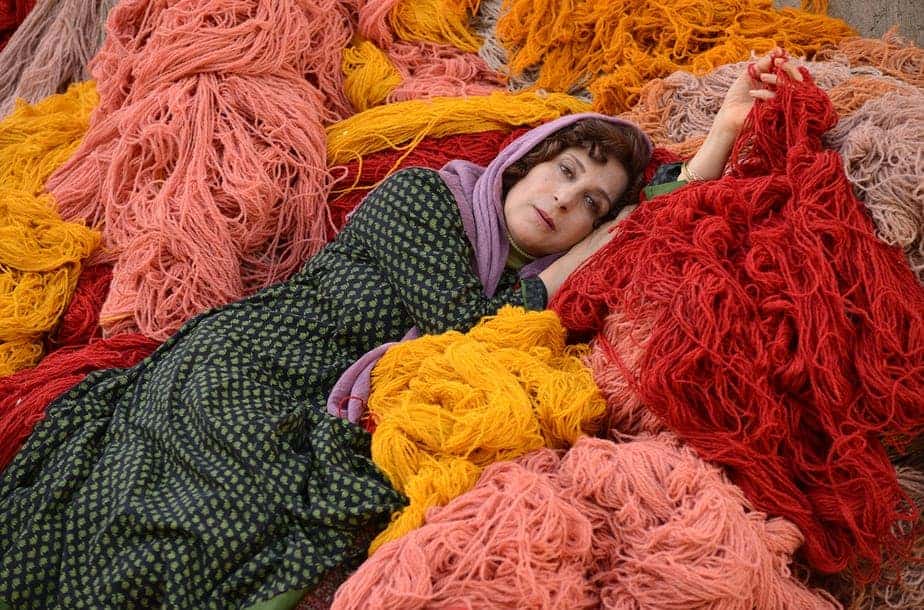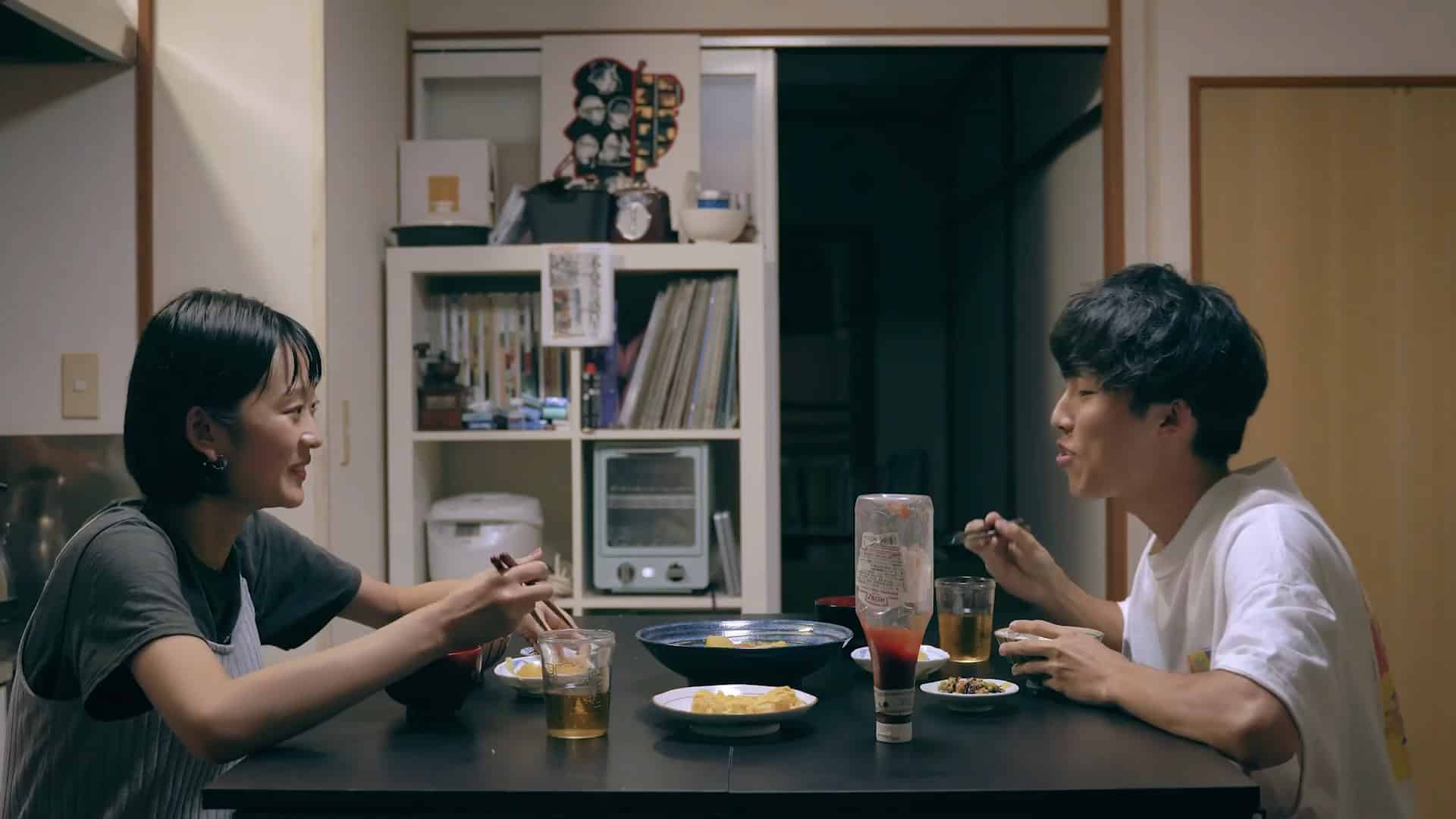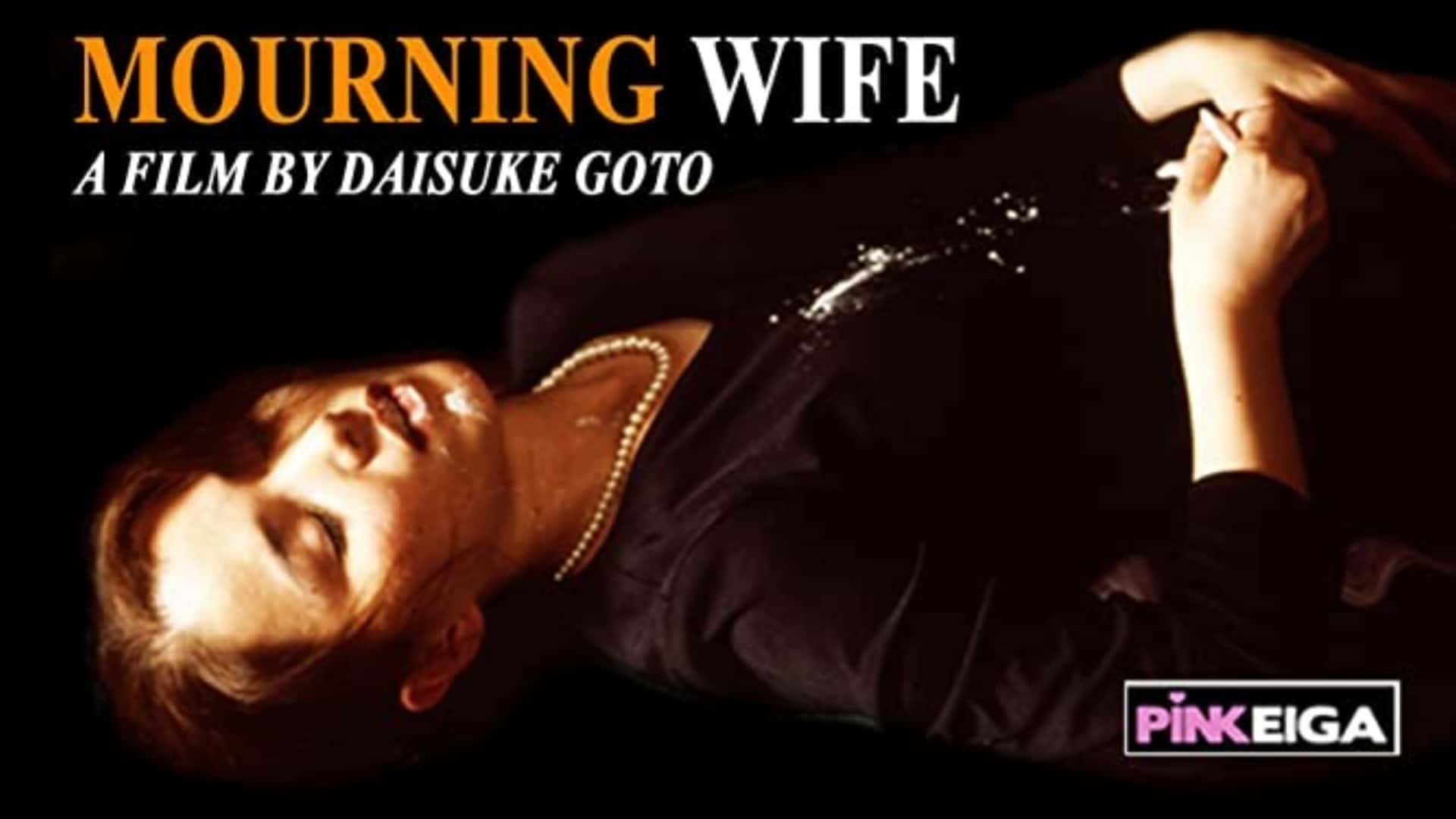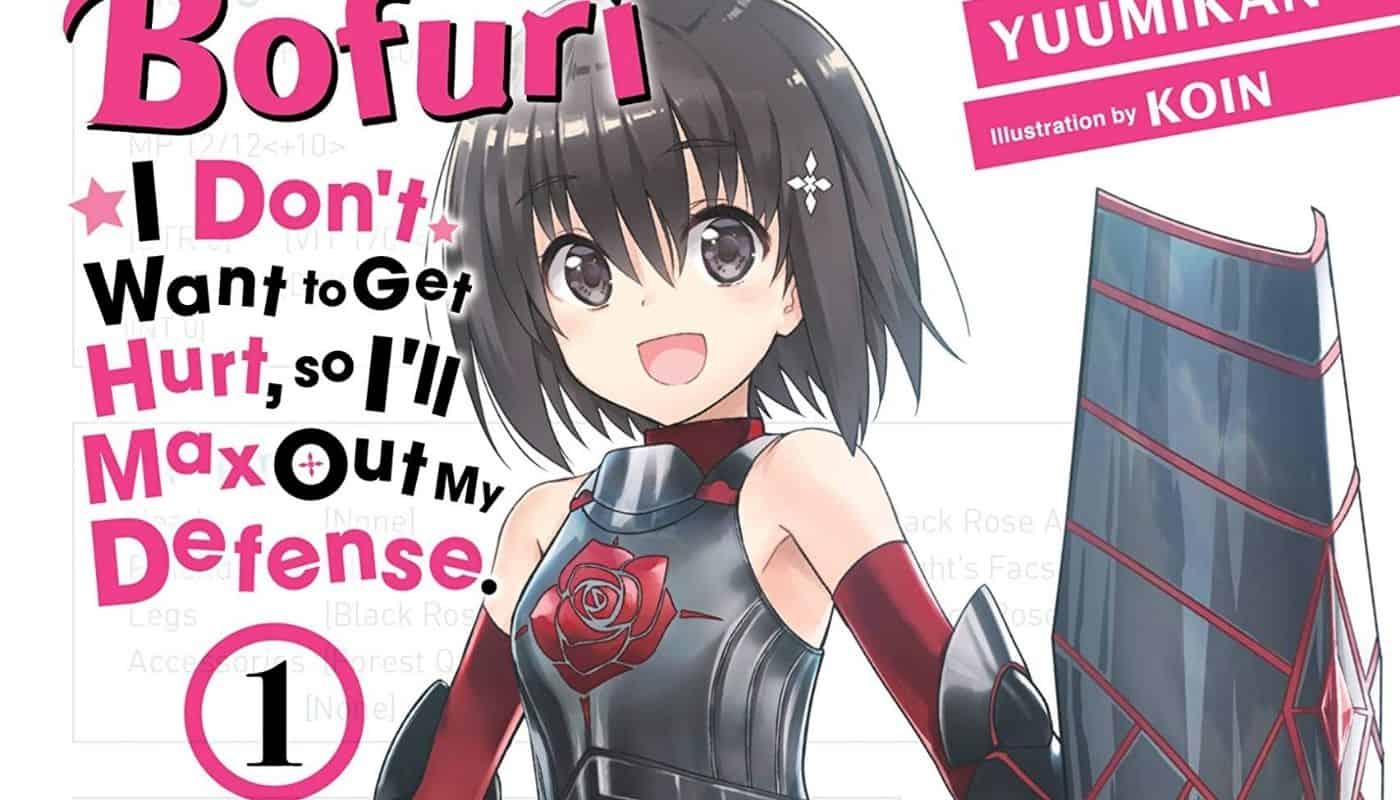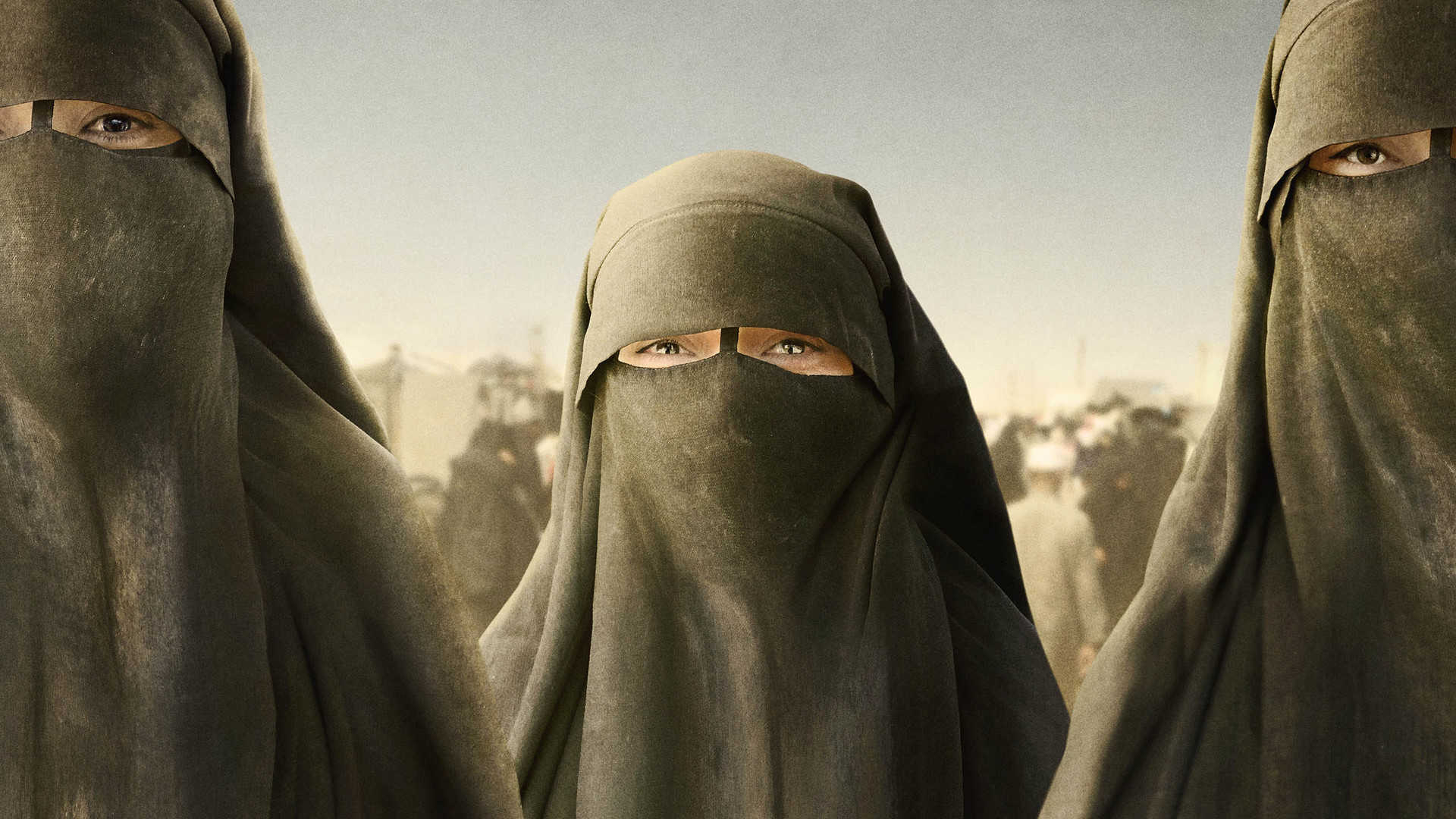The Feature Film Competition of the 25th Vesoul International Film Festival of Asian CInemas (5-12 February 2019) counts nine films. Among them, in its international premiere, screens Iranian film “African Violet” by Mona Zandi Haghighi. A film with a story premise opened to many genres and many interpretations that is easy to watch, easy to feel and easy to believe.
African Violet is a symbol of loyalty, strength, courage, devotion and the deepest of love commitment. Not only it prospers in a loving environment, but it is also said to have the power to fend off disturbing spirits and vibrations. It is not the easiest plant to grow, some tell it is fussy, mainly because she likes sun, but is burnt easily, she likes moist soil, but too much water will make her roots and stems rot.
“African Violet” is screening at
Festival des Cinémas d'Asie de Vesoul
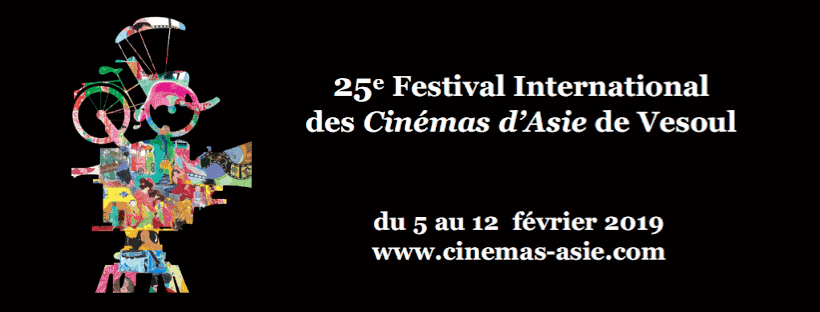
Shokoo (Fatemeh Motamed) is past her fifties and second time married. When she learns her first husband has been put to a retirement house, she decides to intervene against this inconsiderate choice of their children. With (obviously not that eager) consent of her current husband Reza (Saeed Aghakhani), she moves Fereydoun (Reza Babak) into their house.
The new household member disrupts the pre-existing routine between Shokoo and Reza and silently becomes our guide – knowing not more or less about their current life than we do. This, however, does not apply to the past of the couple. Here, his knowledge acts as a source of subtle tension. The core idea of “African Violet” belongs to those possible in any society and makes the film universally understandable.

Against logical expectations, the film does't base the subplots on cultural specifics but plays culturally quite universal marital games. Many of the games revolve around, what we might call, cute masculinity. The one you can hear in the discourse of wives and/or mothers. Basically, the interplays between men and women and their secrets because the other side might get angry, sad, feel silly, ashamed. “African Violet” doesn't turn away from political or social issues, it ”just” focuses on their everyday, private aspects that simply prevail (escapes from home and country; the sole fact that Feyerdoun has no say in where he would like to stay etc.).
The episodes uncover bits of the past of the three central characters, bringing into play a gentle humour of secrets kept, unveiled, or newly created. The interactions and reactions not only move the story forward but also allow us to learn more about this or that character. And it is not for nothing that at one point, Shokoo is described as the one who knows everyone in the town, but not the opposite. Yet she is not the only one who is full of surprises.

“African Violet” is written (Hamidreza Bababeigi/idea by Mona Zandi Haghighi) and directed (Mona Zandi Haghighi) by keen observers and focused storytellers with a light hand when it comes to squeezing emotions. Instead, the film pays attention to little details like the costume and set design, where Shokoo and “her” domain prefer soft (“sweet”) pastel palette or the daily rituals that serve as narrative breaks. The heartrending music adds rhythm to the episodic narrative, and air of nostalgia to the expressions of the protagonists.
With all the unspoken, uncovered and hinted whether on a private or public level, “African Violet” tell its story tamely, accepting whatever may come. Come what may and life goes on. What is left are images, colours, rituals.


